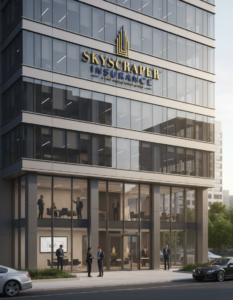New York Sen. Alessandra Biaggi (D-Bronx), seen here, sponsored the New York state legislation that would require all cops to carry personal liability coverage. (Photo: Hans Pennink/AP)
In the wake of widespread social unrest and calls to defund and restructure police departments nationwide after the public death of George Floyd, New York state legislators have proposed a law that would rely on insurance to strengthen individual police-officer accountability.
The New York state bill was introduced on July 6 in an effort to deter police misconduct. It would require law enforcement officers statewide to carry personal liability insurance coverage.
State Sen. Alessandra Biaggi, D-Bronx, who is sponsoring the legislation, says the measure aims to establish a financial disincentive for unlawful police violence or intimidation.
Officers who have misconduct claims brought against them might see their premiums go up and be required to pay those costs, said Biaggi, whose district covers parts of the Bronx and Westchester County.
The proposal would require officers to get liability insurance that covers claims against them for acts “during any period of time that such officer is performing duties within the scope of employment.”
The legislation stipulates that the base rate of the policy will be covered by a local government or agency.
Bad cops cost taxpayers millions
A report from the New York City Comptroller’s Office says there was about $230 million in NYPD tort claim settlements for fiscal year 2018.
“And so taxpayers are basically bailing out law enforcement who engage in [this] misconduct,” Biaggi said. “And the officers that are engaging in the misconduct are often evading meaningful accountability.”
Biaggi said the liability insurance approach isn’t a new idea. Nurses and hairdressers have some form of personal liability insurance, she said.
Biaggi said she guesses the state Legislature will return toward the end of the month.
Her legislation comes weeks after protests against police brutality and racial injustice seized the nation’s attention, prompting a national reckoning on the intersection between race and law enforcement.









